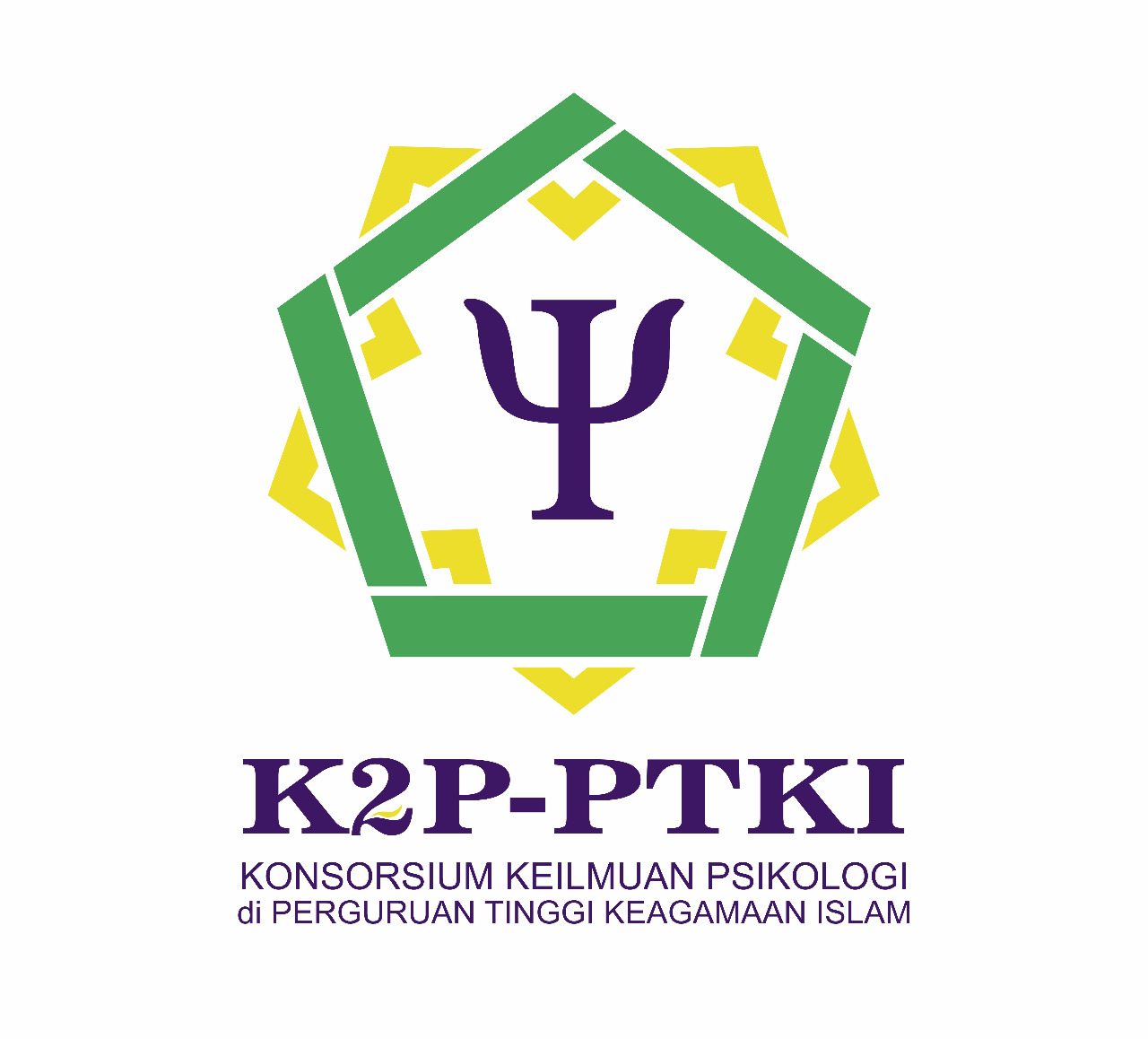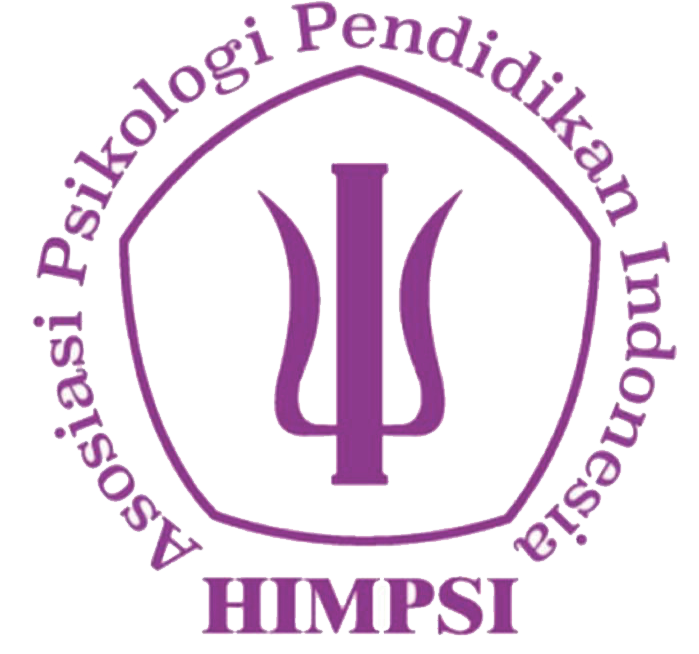Etika praktis Ibn Muqaffa’: Kedudukan akal sehat untuk transformasi etika pada Kitab Al-Adab al-Shagir wa al-Adab al-Kabir
Abstract
Abstract: Literary ethical literacy can be a potential for developing critical ethical awareness learned from literary arts activities. This study explores the inspiration of practical ethics developed by Ibn Muqaffa 'in the book Al-Adab al-Shagir wa al-Adab al-Kabir with literary characteristics. This research was conducted using the text analysis method on only one work of Al-Adab al-Shagir wa al-Adab al-Kabir with the stages of text collection, reading intact, selecting main sentences, finding keywords, and interpreting to contextualize ethical concepts. The results found that Ibn Muqaffa' encouraged that ethics could be accommodated using literary narratives. Ethics is subjective and relevant to the need for existential happiness that produces theological views, schools, and schools of thought. Critical reasoning is in line with literary constructions with the role of active sagacity in practical ethics. The implication is that Ibn Muqaffa's literature can inspire the development of ethical learning methods using literary narrative learning to increase the quality of life that is meaningful for everyone.
Abstrak: Literasi etik sastrawi dapat menjadi potensi tumbuhnya kesadaran kritis etik yang dapat dipelajari dari kegiatan seni kesastraan. Penelitian ini bertujuan menggali transformasi etika praktis yang dikembangkan Ibnu Muqaffa’ di kitab Al-Adab al-Shagir wa al-Adab al-Kabir berciri sastra. Penelitian ini dilakukan dengan menggunakan metode analisis teks hanya pada satu karya Al-Adab al-Shagir wa al-Adab al-Kabir dengan tahap koleksi teks, pembacaan utuh, memilih kalimat utama, menemukan kata kunci, dan melakukan interpretasi untuk kontekstualisasi konsep etik. Hasil penelitian ditemukan bahwa Ibnu Muqaffa’ mendorong bahwa etika praktis dapat diwadahi menggunakan narasi sastrawi; etika praktis bersifat subyektif dan relevan dengan kebutuhan kebahagiaan eksistensial yang melahirkan pandangan, aliran, mazhab teologis; penalaran kritis sejalan dengan peran akal sehat aktif dalam etika praktis. Implikasinya, sastra Ibnu Muqaffa’ dapat mengilhami pengembangan metode pembelajaran etika secara praktis dengan menggunakan pembelajaran naratif sastrawi untuk menambah kualitas hidup yang bermakna bagi semua orang.
Keywords
Full Text:
PDFReferences
Almas Zakirah, D. M. (2020). Pengaruh Hoax di Media Sosial Terhadap Preferensi Sosial Politik Remaja di Surabaya. Mediakita. https://doi.org/10.30762/mediakita.v4i1.2446
At-Tamimy, H. L. (2020). Pesan Moral Pendidikan Dalam Kisah Mūsā Perspektif Al-Quran. Al Burhan: Jurnal Kajian Ilmu Dan Pengembangan Budaya Al-Qur’an. https://doi.org/10.53828/alburhan.v20i1.153
Auer, B. (2018). Political advice, translation, and empire in South Asia. Journal of the American Oriental Society. https://doi.org/10.7817/jameroriesoci.138.1.0029
Borstner, B., & Gartner, S. (2014). Teaching ethics and critical thinking in contemporary schools. Problems of Education in the 21st Century. https://doi.org/10.33225/pec/14.61.09
Brisson, J., Markovits, H., Robert, S., & Schaeken, W. (2018). Reasoning from an incompatibility: False dilemma fallacies and content effects. Memory and Cognition. https://doi.org/10.3758/s13421-018-0804-x
Dhoif, S. (1966). Tarikh Al-Adab Al-Araby, Al-’Ashru Al-’Abbasy Al-Awwal,. Daar Al-Ma’arif.
Harahap, S. H. (2018). Sistem Penilaian Karakter Berdasarkan Kesantunan Berbahasa Di Perguruan Tinggi. Basastra. https://doi.org/10.24114/bss.v7i4.11831
Hasanah, U. (2015). Sastra Modern Sebagai Media Pembelajaran Etika Moral dan Karakter. BAHASTRA.
Hellsten, S. K. (2015). Ethics: Universal or global? The trends in studies of ethics in the context of globalization. Journal of Global Ethics. https://doi.org/10.1080/17449626.2014.1001913
Hudieb, F. (2021). Stylistic features in Ibn Al-Muqaffa’ al-Adab al-Sagheer and al-Adab al-Kabeer arguments. Dirasat: Human and Social Sciences.
Ibnu Muqaffa’, ’Abd Allah. (1964). Al-Adab al-Shagir wa al-Adab al-Kabir. Dar Sadi.
Indah, R. N. (2017). Logical Flaws In Indonesian Students’ Argumentative Essays. KnE Social Sciences. https://doi.org/10.18502/kss.v1i3.756
Irawan, I. (2018). Hate Speech di Indonesia. Mawa’izh: Jurnal Dakwah Dan Pengembangan Sosial Kemanusiaan. https://doi.org/10.32923/maw.v9i1.712
Jun, W. (2020). A study on development of information and communication ethics sensitivity measurement for elementary school students. Advances in Science, Technology and Engineering Systems. https://doi.org/10.25046/aj050122
Kernaghan, K. (2014). Digital dilemmas: Values, ethics and information technology. Canadian Public Administration. https://doi.org/10.1111/capa.12069
Khalil Nurul Islam. (2020). Moderasi Beragama di Tengah Pluralitas Bangsa: Tinjauan Revolusi Mental Perspektif Al-Qur’an. KURIOSITAS: Media Komunikasi Sosial Dan Keagamaan. https://doi.org/10.35905/kur.v13i1.1379
Kuntarto, K., Widyaningsih, R., & Chamadi, M. R. (2021). The Hoax of SARA (Tribe, Religion, Race, and Intergroup) as a Threat to the Ideology of Pancasila Resilience. Jurnal Ilmiah Peuradeun. https://doi.org/10.26811/peuradeun.v9i2.539
Marzuki, R. (2017). Elemen pembinaan akhlak al-Imam Ghazali menerusi karya klasik Kalilah wa Dimnah. Malaysia Journal For Islamic Studies.
Mawardi, A. (2012). Etika, Moral, dan Akhlak. Agama Islam.
Mayakania, N. D. (2013). Internalisasi Nilai-nilai Pendidikan Karakter melalui Kakawihan Kaulinan Barudak Buhun di Komunitas ‘Hongâ€TM Bandung. Panggung. https://doi.org/10.26742/panggung.v23i4.156
Meretoja, H. (2014). Narrative and human existence: Ontology, epistemology, and ethics. New Literary History. https://doi.org/10.1353/nlh.2014.0001
Muhid, A., Hadi, M., Fanani, A., Arifin, A., & Hanif, A. (2019). The Effect of Hate Speech Exposure on Religious Intolerance Among Indonesian Muslim Teenagers. https://doi.org/10.2991/adics-elssh-19.2019.31
Munaris. (2011). Pemanfaatan Buku Kecil-Kecil Punya Karya sebagai Bahan Pembelajaran Sastra untuk Pengembangan Karakter. Jurnal Pendidikan Karakter.
Murray, J. W. (2015). Critical Thinking Activities and the Enhancement of Ethical Awareness: An application of a ‘Rhetoric of Disruption’ to the undergraduate general education classroom. Open Review of Educational Research. https://doi.org/10.1080/23265507.2015.1084478
Nasir, M. (2015). تربية الأدب فى خزائن الإسلام القديمة طلاعة عن الماوردي وأفكاره فى التربية الأخلاقية. MIQOT: Jurnal Ilmu-Ilmu Keislaman. https://doi.org/10.30821/miqot.v39i1.48
Papapicco, C., Lamanna, I., & D’errico, F. (2022). Adolescents’ Vulnerability to Fake News and to Racial Hoaxes: A Qualitative Analysis on Italian Sample. Multimodal Technologies and Interaction. https://doi.org/10.3390/mti6030020
Rosita, F. Y. (2013). Pembelajaran Moral, Etika, dan Karakter Melalui Karya Sastra. Jurnal El-Wasathiya.
Rosita, F. Y. (2018). Pendidikan Karakter Dalam Novel Cinta 2 Kodi Karya Asma Nadia. Alayasastra. Alayasastra. https://doi.org/10.36567/aly.v14i1.197
Rustan, A. S. (2020). Communication in Indonesian social media: Avoiding hate speeches, intolerance and hoax. Journal of Social Studies Education Research.
Sears, A., & Parsons, J. (1991). Towards Critical Thinking as an Ethic. Theory and Research in Social Education. https://doi.org/10.1080/00933104.1991.10505627
Sim, K., Sum, M. Y., & Navedo, D. (2015). Use of narratives to enhance learning of research ethics in residents and researchers Approaches to teaching and learning. BMC Medical Education. https://doi.org/10.1186/s12909-015-0329-y
Smith, D. (2015). Foucault on ethics and subjectivity: “Care of the self” and “Aesthetics of existence.” Foucault Studies. https://doi.org/10.22439/fs.v0i19.4819
Solikhah, M. (2014). Nilai Etika dan Estetika Tembang Macapat Pupuh Dhandhanggula dalam Serat Nalawasa-Nalasatya dan Pembelajarannya di SMA. Jurnal Program Studi Pendidikan Bahasa Dan Sastra Jawa.
Sonafist, H. Y., Efyanti, Y., Ramlah, Hamzah, A., & Faizin. (2020). Ibn Al-Muqaffa’s proposal for Taqnīn and its synchronization with Islamic law codification in Indonesia. In Samarah. https://doi.org/10.22373/sjhk.v4i2.7864
Suárez Ruiz, E. J., & González Galli, L. M. (2021). Meeting points between critical thinking and metacognition to rethink the teaching of ethics. Sophia(Ecuador). https://doi.org/10.17163/soph.n30.2021.06
Wardani, L. S., Hidayah, N., & Mahpur, M. (2016). Rekonstruksi Penanaman Nilai pada Anak melalui Modifikasi Dongeng. Psikoislamika : Jurnal Psikologi Dan Psikologi Islam. https://doi.org/10.18860/psi.v13i2.6436
Widayati, S. (2019). Menepis Hoax Melalui Pendidikan Karakter dan Pembelajaran Sastra. Edukasi Lingua Sastra. https://doi.org/10.47637/elsa.v17i2.39
Wijaya, R. A. (2018). Sastra Dongeng Dalam Pembelajaran Membaca Dan Menulis Permulaan (Studi Analisis Deskriptif di Sekolah Dasar Kelas 1 Kota Bandung). Jurnal Inovasi Pendidikan Dan Pembelajaran Sekolah Dasar.
DOI: https://doi.org/10.18860/psikoislamika.v19i1.16464

This work is licensed under a Creative Commons Attribution-NonCommercial-ShareAlike 4.0 International License.

------------------------------------------------------------------------------------------

pSIKOISLAMIKA by http://ejournal.uin-malang.ac.id/index.php/psiko is licensed under a Creative Commons Attribution-NonCommercial-ShareAlike 4.0 International License.


.jpg)


.jpg)





